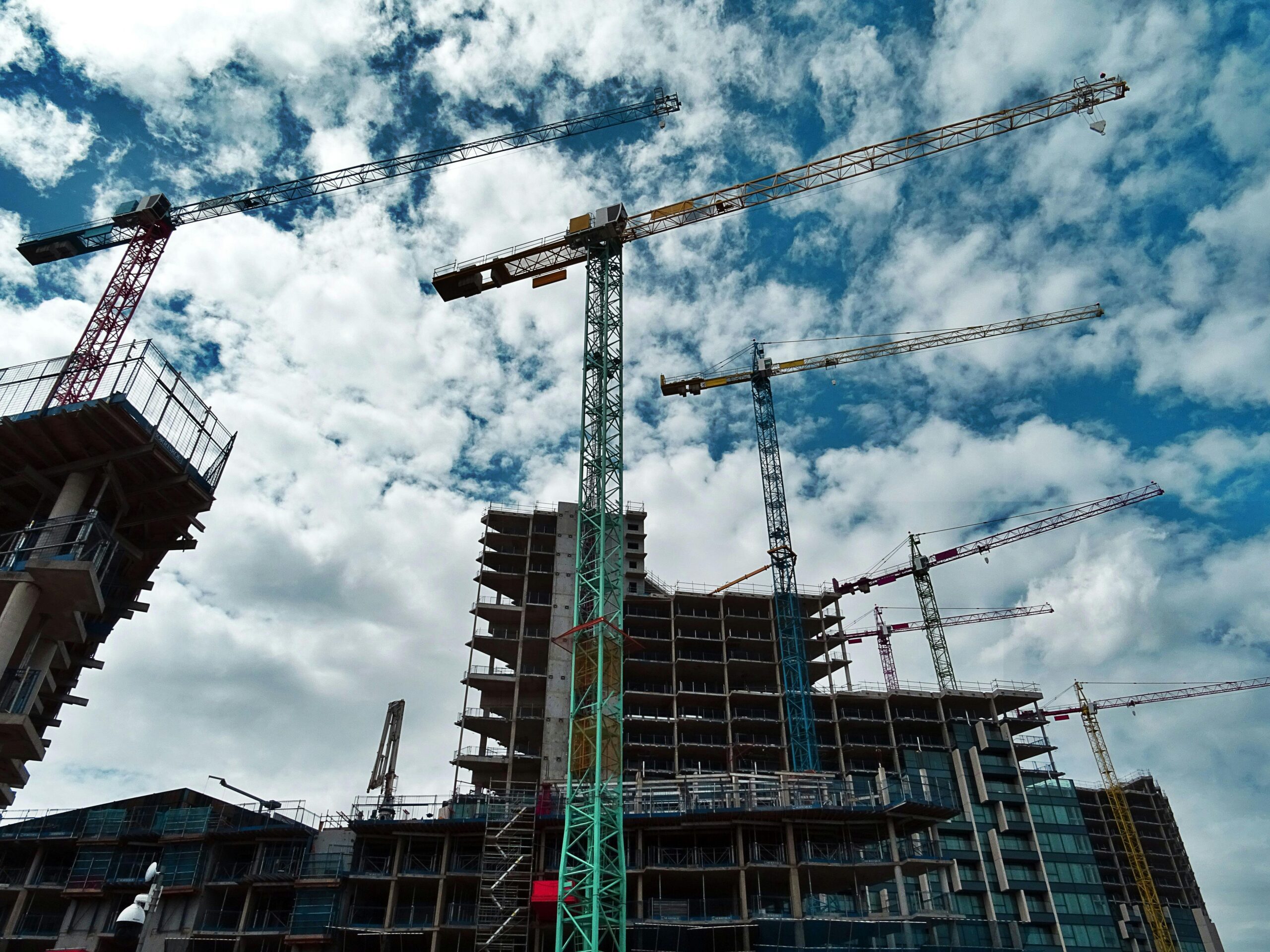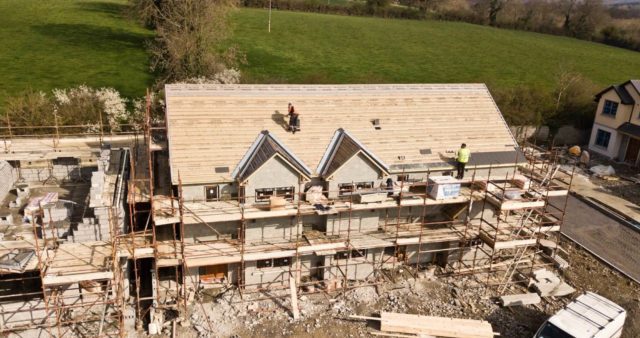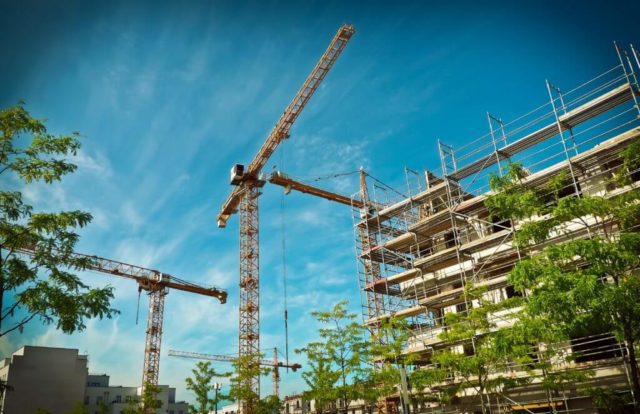How do building departments and permitting affect construction companies?
In Florida, understanding the nuances of building departments and permitting processes is paramount for construction companies. Generally, building departments and permitting systems regulate and oversee construction projects to ensure compliance with safety standards, zoning laws, and building codes.
Construction companies must navigate through various regulatory hurdles posed by building departments and permitting requirements. From obtaining the necessary permits to adhering to specific building codes, the process can significantly influence project timelines and budgets. Delays in permit approvals or failure to meet regulatory standards can result in costly setbacks and legal ramifications.
Need help regarding building departments and permitting? Schedule your consultation today with a top construction attorney.
In Florida, which laws and regulations apply to permitting?
In Florida, several laws and regulations govern building permitting. For example, Florida’s Building Construction Standards, including the Florida Building Code, establish minimum construction standards and outline the requirements and procedures for obtaining building permits.
Additionally, local ordinances and regulations issued by municipalities and counties play a crucial role in shaping the development and use of buildings. From land use designations to zoning and permitting requirements, compliance with local regulations is imperative for navigating the intricacies of building departments and permitting in Florida.
What are common issues regarding building departments and permitting that lead to litigation?
The following issues are among the most common in actions regarding building departments and permitting:
- Incomplete or Inaccurate Permit Applications: Submitting incomplete or inaccurate permit applications can lead to permitting delays or even legal disputes. Businesses must ensure all required documentation is provided and accurate to avoid complications.
- Non-Compliance with Inspection Requirements: Neglecting to schedule or pass required inspections can lead to fines, project delays, and legal action. Businesses must adhere to inspection schedules and address any deficiencies promptly.
- Building Code Violations: Failure to adhere to building codes and regulations can result in litigation. Common violations include improper electrical wiring, structural deficiencies, and inadequate fire safety measures.
- Zoning and Land-Use Disputes: Businesses may face litigation due to zoning and land-use conflicts, such as building in prohibited areas or exceeding height restrictions.
- Environmental Compliance Issues: Projects that pose environmental risks or fail to comply with environmental regulations may face litigation from environmental agencies or affected parties. Businesses must prioritize environmental compliance to mitigate legal risks.
We are value-based attorneys at Jimerson Birr, which means we look at each action with our clients from the point of view of costs and benefits while reducing liability. Then, based on our client’s objectives, we chart a path to seek appropriate remedies.
To determine whether your unique situation may necessitate litigation, please contact our office to set up your initial consultation.
What steps should businesses take to minimize the risk of litigation over permitting?
To minimize the risk of litigation over permitting, businesses can implement the following strategies:
- Conduct Thorough Due Diligence: Before embarking on projects, conduct comprehensive due diligence to identify regulatory requirements and potential legal risks.
- Keep Records: Maintain meticulous records of all communications, permits, inspections, and approvals throughout the project to demonstrate compliance and help address any disputes that may arise.
- Maintain Open Communication: Foster transparent communication with building departments, community stakeholders, and project partners to address concerns proactively and resolve issues before they escalate.
- Conduct Regular Training and Education: Provide ongoing training and education to employees and contractors on relevant building codes, regulations, and compliance protocols to minimize errors and misunderstandings.
- Stay Informed: Stay abreast of changes in zoning laws, environmental regulations, and building codes to adapt strategies and maintain compliance throughout the process.
- Engage Legal Counsel: Seek guidance from experienced attorneys specializing in working with building departments and permitting to navigate complex regulatory frameworks and mitigate legal risks.
Frequently Asked Questions
Can I begin construction without obtaining the necessary permits?
No, beginning construction without the required permits is illegal and can result in fines, project delays, and legal consequences. It is essential to obtain all required permits before commencing any construction activities to ensure compliance with regulatory requirements.
How long does the permitting process typically take?
The duration of the permitting process varies depending on the complexity of the project, local regulations, and the responsiveness of regulatory authorities. Generally, it can take anywhere from a few weeks to several months to obtain permits in Florida.
What happens if my project fails an inspection?
Typically, if a construction project fails an inspection, the business must address the identified deficiencies promptly and schedule a re-inspection once the issues are resolved. Failure to rectify inspection failures can result in project delays, fines, and potential legal action.
Have more questions about a situation related to building departments or permitting?
Crucially, this overview of building departments and permitting does not begin to cover all the laws implicated by this issue or the factors that may compel the application of such laws. Every case is unique, and the laws can produce different outcomes depending on the individual circumstances.
Jimerson Birr attorneys guide our clients to help make informed decisions while ensuring their rights are respected and protected. Our lawyers are highly trained and experienced in the nuances of the law, so they can accurately interpret statutes and case law and holistically prepare individuals or companies for their legal endeavors. Through this intense personal investment and advocacy, our lawyers will help resolve the issue’s complicated legal problems efficiently and effectively.
Having a Jimerson Birr attorney on your side means securing a team of seasoned, multi-dimensional, cross-functional legal professionals. Whether it is a transaction, an operational issue, a regulatory challenge, or a contested legal predicament that may require court intervention, we remain tireless advocates at every step. Being a value-added law firm means putting the client at the forefront of everything we do. We use our experience to help our clients navigate even the most complex problems and come out the other side triumphant.
If you want to understand your case, the merits of your claim or defense, potential monetary awards, or the amount of exposure you face, you should speak with a qualified Jimerson Birr lawyer. Our experienced team of attorneys is here to help. Call Jimerson Birr at (904) 389-0050 or use the contact form to schedule a consultation.

We live by our 7 Superior Service Commitments
- Conferring Client-Defined Value
- Efficient and Cost-Effective
- Accessibility
- Delivering an Experience While Delivering Results
- Meaningful and Enduring Partnership
- Exceptional Communication Based Upon Listening
- Accountability to Goals











